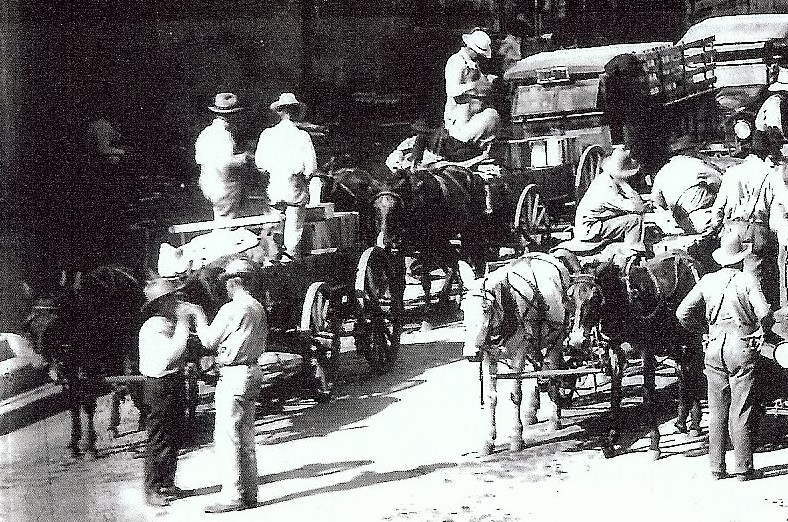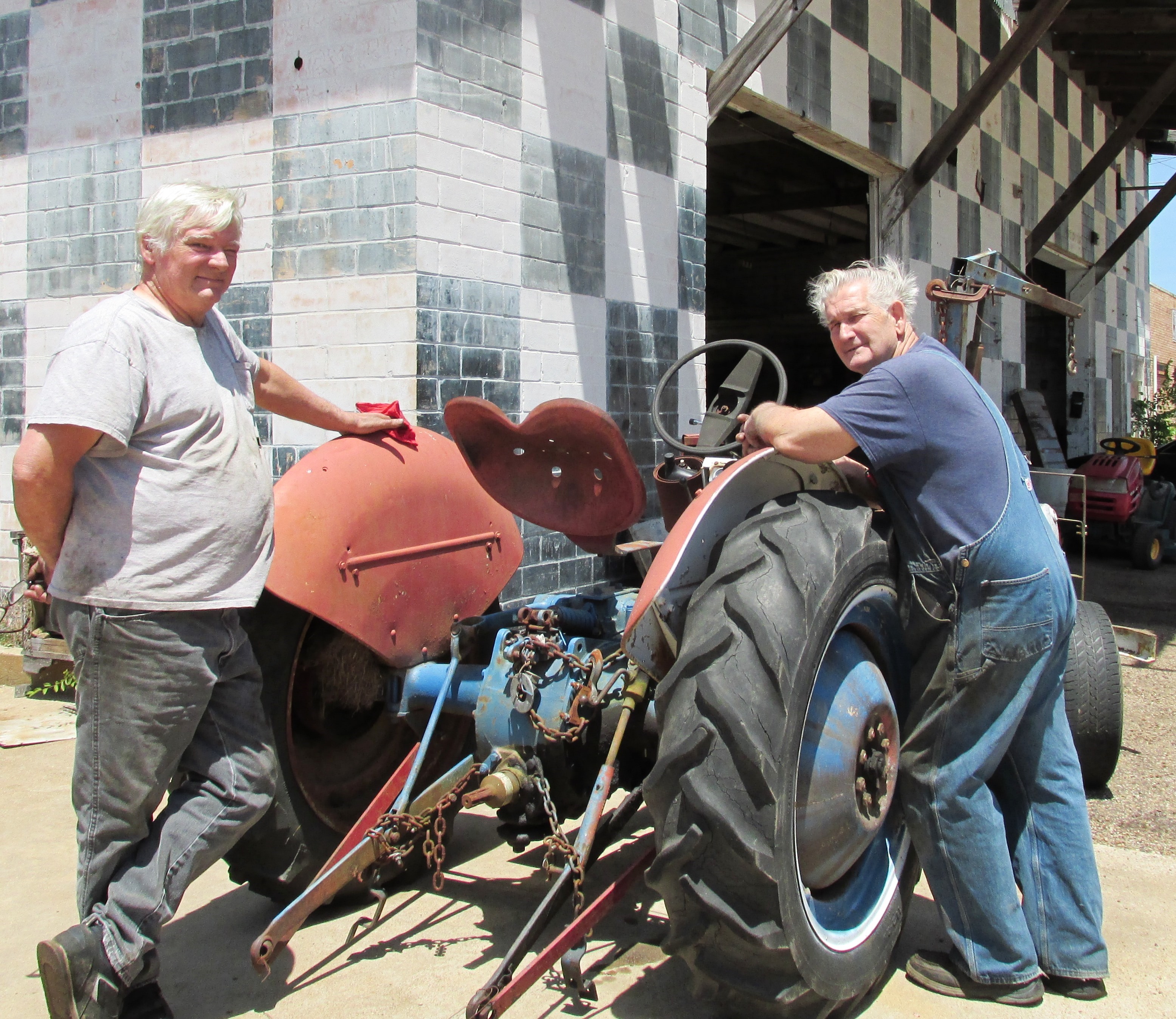"Dollars and Dust:" History of the Jacksonville Tomato Deal
by Deborah Burkett
"…Last Saturday was a day of dollars and dust. A long string of tomato wagons was on the streets all day, many having to wait some time before they could get to the cars to unload. The merchants were busy, growers happy and laborers hot and hollow for soda water…" (Cherokee Banner, June 20, 1902)
Wouldn't it be interesting to go back in time and be a part of those heady, exciting days?
Reading old newspaper clippings one begins to understand the significance of "the Tomato Deal." Timing was everything. Concerns such as poor weather, worms and crop disease, as well as market price fluctuation had a huge impact.
It was critical that shippers be kept well informed about the different markets. Too much produce accumulating in one city resulted in over-supply and panic prices. So in 1898, a systematic plan was inaugurated where prices were received in Jacksonville by wire (telegraph) every day from leading cities, ensuring that railroads cars full of produce were kept out of weak oversupplied markets.
In May 1912, it was felt a new system or "Square Deal" was called for. According to tomato grower, T. G. Simpson, "…I suppose we will have the same old 'Deal'. The shippers' agents will get the cream, leaving the growers with a sad experience...After expenses of hiring a clerk, paying for telegraph and phone calls, the shippers' agents' net profit is $975 per day! This for a man, who without this job, would gladly work for $75 a month! Why, there's nothing better this side of the Klondike (gold rush)…"
Organizations were formed to help farmers, such as the East Texas Fruit and Truck Growers Union, headed by Hodges and Love. They had ten men in the northern markets to look after the interests of the growers who had entrusted them with their peaches and tomatoes. C. D. Jarratt and J. D. Smyrl personally traveled to St. Louis, Kansas City and Denver to deliver their cars to buyers.
However, after several disastrous seasons the policy was changed. Nation-wide market representatives were asked to send their buyers to Jacksonville to see the goods packed and loaded. The change worked.
However, the following story illustrates famers had more to worry about than the Tomato Deal and price fluctuations--plain old thievery.
"The tomato farm of Charlie Collins who lives in the Box Creek Community was devastated by thieves Monday night… they stripped all the vines of tomatoes and then destroyed the vines. In addition, they stole nine bushels of tomatoes that Collins had picked that afternoon planning to carry them to market. Up to the time of the theft, Collins had sold 43 lugs of pink tomatoes for which he received $1.80 a lug." (Cherokee Banner, 6-3-1932)
Simpson was right-it was very much like the Klondike. Only in Cherokee County the gold was red.
.jpg)
Mosley Family collection d3 001

1930s Jacksonville, E.M. Shoemaker Packing Shed

Jerry Parker, Mike Johnson